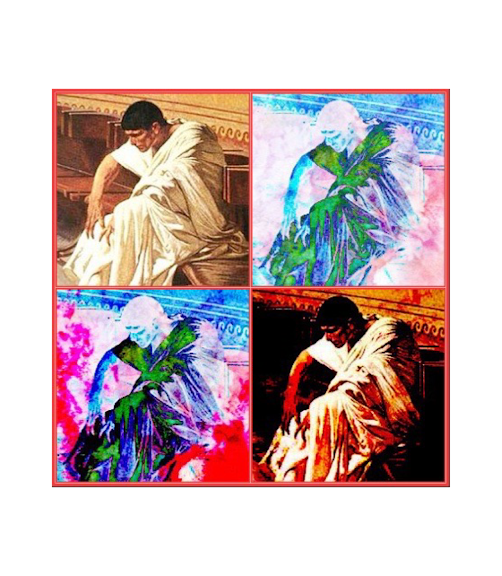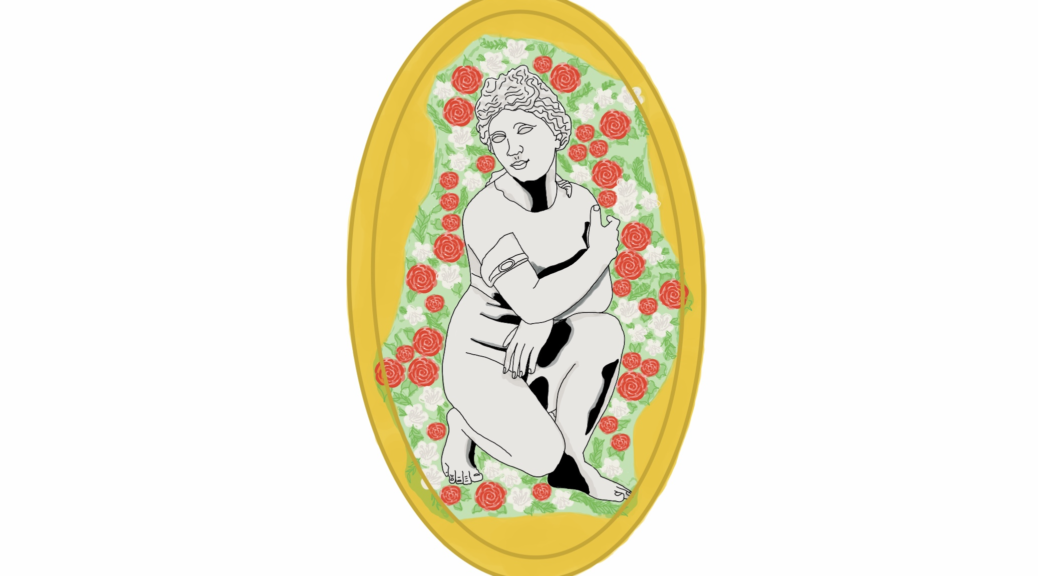HBO’s Rome Reaction
The first episode “The Stolen Eagle” starts with a brief history of Rome and the creation of the Republic. It outlines the dichotomy between Gnaeus Pompey Magnus and Gaius Julius Caesar as one was maintaining stability in Rome and the other was fighting in Gaul. In the beginning of the show, there is a line about justice and the proper punishment against crimes like stealing that I thought was very interesting because we discussed this in class before. There is also this scene relating to public shame when Vercingetorix, king of all the Gauls is stripped naked in front of Caesar and is forced to kiss the eagle tribe. While Caesar is thriving in his conquests, he recieves a letter from Pompey telling him that his daughter, which is also Pompey’s wife has died from childbirth and the baby girl was stilborn. Throughout the show you also see the nobility’s fear of the common people as well as their potential to revolt. Atia buys a horse for Caesar to honor him and asks Octavian to take it to him in Gaul, with much reluctance from Octavian’s part. For the past few weeks, we have been roleplaying senate hearings in class with heckling, booing, chanting etc. At first I thought that we were in no way acting like they did back then, but after watching all the scenes with Senate hearings, it became clear that we actually were not mistaken. Some of the senators did not agree with Julius Caesar going to war with Gaul and even calling the war “illegal”. They said that these wars were only to “buy himself a crown” as a tyrant. They even called out that Caesar be tried for theft, bribery, and treason. Pompey protects Caesar from these accusations while Caesar is away. They also have a lot of entertainment and quite a debauche theater. Some aristocrats are trying to convince Pomey to squash and renounce Caesar. As the episode goes on, Pompey starts showing his jealousy of Caesar as seen when a messenger tells him that the horse has already been sold as a present for Caesar. The episode also shows how powerful omens and symbols are to the Roman people as seen by the eagle. On the way to Gaul, Octavian and his companions get attacked. Antony gives Lucius Verinus money to torture and crucify men as a way to extort information out of them. Caesar also sends affection (not love as she points out) to Servilia, Brutus’ mother.
Ella’s Reflection:
This film had a lot more bloody and gruesome scenes than she was expecting. Some of the sound effects were not her favorite, but she was able to look past that because she actually quite enjoyed the series and it made her more aware of the characters of the Roman Republic. She finally understood the people and factions that I have been talking about.



